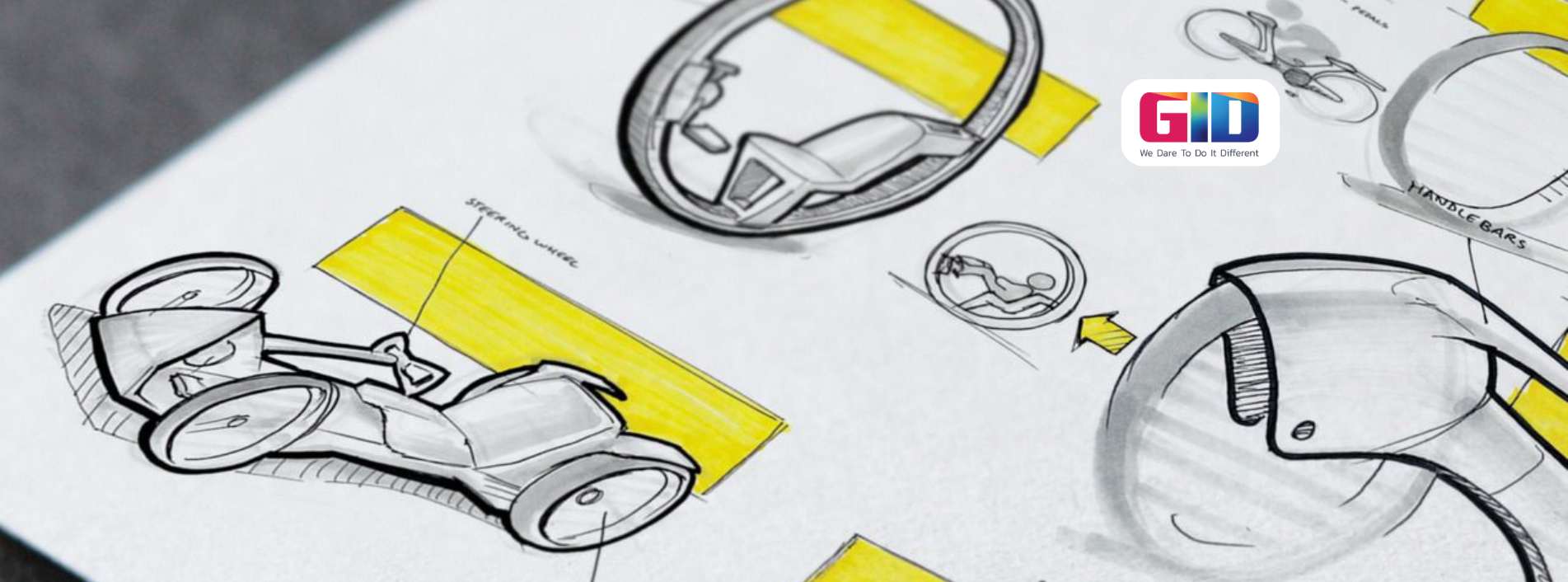Most inventors of a new product are often so enthusiastic about their latest creation that they immediately rush into production and launch. However, this strategy overlooks the importance of product prototype development, which is crucial for success. Skipping this step is likely to lead to failure, as it prevents thorough testing and refinement of the design.
Understanding the Importance of Product Prototype Development Before Launching Your Product
You might be wondering about the importance of product prototype development and why it’s crucial to test your new product idea before jumping straight into production. Even with comprehensive market research and a promising market for your innovative product, rushing to market without a prototype can be risky. You still need to confirm whether your new product actually works, if it can be mass-manufactured efficiently and cost-effectively, and if your target consumers will embrace it.
The importance of product prototype development lies in its ability to translate your idea into a real-life working model. Creating and testing a prototype allows you to ensure that your product functions as intended before committing to full-scale production. Understanding importance of product prototype development helps mitigate risks and enhance the likelihood of success.
An eminent product prototype development company will develop a prototype using precise specifications as if the product was in production; however, they will not mass manufacture it yet, but will produce only a single item. One fundamental aspect of a working prototype is that it has to be designed and developed in such a manner that it represents the product, which can be mass-produced before the launch, at an economical price.
It all depends upon the type of new product idea you have in mind. Let us have an overview of each of the product prototype types.
Mechanical Prototype
A mechanical prototype is one, which we can define as physically made from some material and has some mechanics involved. All the materials used for this type of prototype have to be real materials and the mechanics used should be as per the specifications. These materials and mechanics will later become part of the product ready for the mass production. This type of prototype will help refine the product design and mechanics, and at the same time, help judge the performance of the materials you plan to use, emphasizing the importance of product prototype development.
Software Prototype
A software prototype is one, which does not have any physical characteristics, such as online transaction systems or a simple product, like a website. Creating a prototype of software normally involves two stages – developing an “alpha” version and a “beta” version. In the alpha version, the development company will gradually develop various software features. Once they develop the necessary features, they will change that alpha version to a beta version.
In the beta version, the development company will perform various tests and adjust the software as per the desired results. Beta versions are often distributed to users in order to get some valuable feedback. Based on the feedback, creating an excellent final software product is possible, which underscores the importance of product prototype development.
Electronics Prototype
Electronics prototype is one, which involves constructing an electrical circuit using a strip board, breadboard, and various other electrical components. Based on the theoretical design, a prototype development company will build an actual circuit in order to verify whether the circuit can perform the desired functions or not. To a theoretical electronics design, this type of prototype is a physical platform where debugging is possible in order to achieve the desired results.
Understanding the importance of product prototype development is essential for three main reasons:
-
A prototype serves as a basis for the actual product, which you can introduce in the market with maximum confidence and minimum risk. Besides, once you have a working prototype, you will now at least know that it is possible or viable to manufacture the actual product.
-
A prototype is a real, feasible thing that can easily excite the investors. With a product prototype and the data from your market research, you can create an excellent business plan that will show the potential of your product in the market to the investors.
-
A prototype is a working model of your idea that you can use as a basis for various marketing tests. With the working model, you will be able to conduct primary marketing research, which will indeed help you hone your approach to the market.
To schedule a free consultation, where you can discuss the feasibility of your concept, contact us at www.GIDCompany.com or call Jim at 714-323-1052. Also, you can like our Facebook page and follow us on X as well.

















